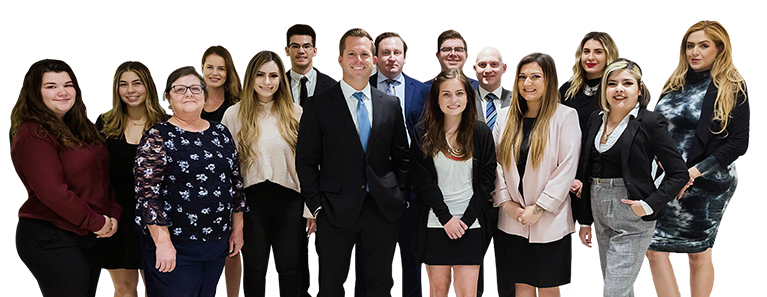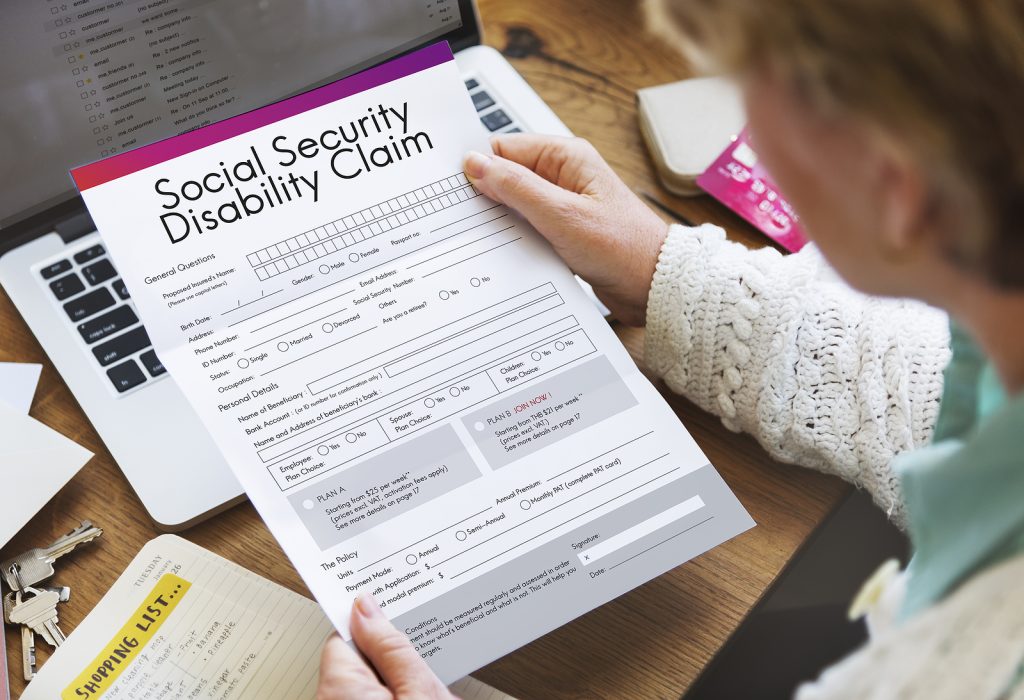Once upon a time, disability attorneys of California could tell their disabled clients of a magical theme park where virtually limitless access and accommodations were made for them and/or their disabled children to access all of the rides without waiting. Then everything changed in 2013 when this open access policy was suddenly and permanently restricted and the DAS card – Disability Access Service – was substituted. The company in question is Disney.
Disability benefits attorneys help those with qualifying physical or mental conditions apply for federal disability benefits or appeal the denial of benefits. In order to qualify for disability benefits through either the Social Security Disability Insurance “SSDI” or Supplemental Security Income “SSI” programs, applicants must not only satisfy the government’s definition of being “disabled”, but must meet the other unique conditions of each program.
The disability benefits application process is tedious and denials are very common, so many choose to hire an experienced disability benefits attorney to increase the likelihood of having benefits granted.
In numerous pending federal civil rights cases, attorneys are also helping disabled clients or the parents of disabled children challenge the DIS policy at Disney. Are the current Disney park accommodations for the disabled fair and sufficient?
What are the accommodations for the disabled at Disney parks?
The first of approximately 60 such lawsuits–this one aimed at the Walt Disney World park in Orlando, Florida–reportedly claims the current system is not enough for one mother’s 6’ 5”, 200+pound autistic son’s needs. His autism reportedly significantly impacts his ability to wait on extremely long lines which are common in theme parks—a trait shared by many of those who suffer from autism, who may experience complete meltdowns, defiance, and exhibit other disruptive behaviors beyond their control.
Disney defended its decision. “Disney’s old system gave disabled people needed access to rides” but was revised after it was found that “rich tourists cheated the system by hiring people with disabilities to accompany them in the parks so they could also cut the lines”.
But critics of the change feel the new DIS system put significant limitations on what was essentially a previously unrestricted Fast Pass type of system—a profound change that’s harder for many autistic people to adapt to, especially those who previously enjoyed the unrestricted prior access system.














